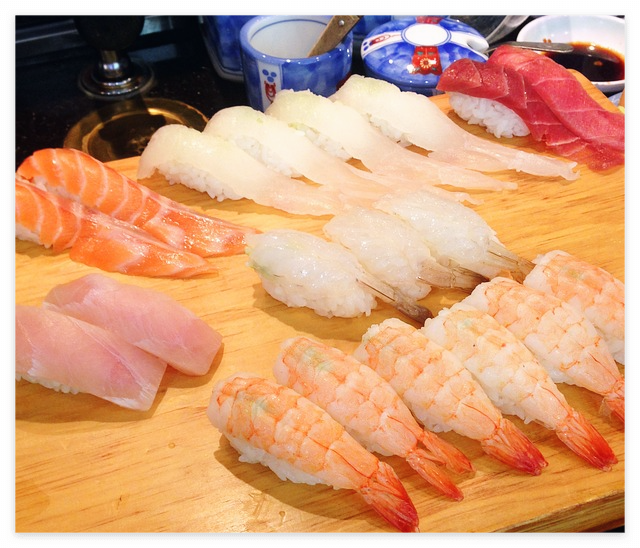Unveiling the Mysteries of Japanese Eclipses
Eclipses have long been a source of wonder and fascination for people around the world, and Japan is no exception. With its rich cultural heritage and deep connection to the natural world, Japan has a unique perspective on eclipses, viewing them as both celestial events and cultural phenomena. In this exploration, we delve into the captivating world of Japanese eclipses, uncovering their significance, symbolism, and cultural impact.



목차
The Significance of Eclipses in Japanese Culture: A Blend of Science and Tradition
Eclipses hold a special place in Japanese culture, where they are often viewed as omens or harbingers of change. Known as "nisshoku" in Japanese, eclipses are seen as powerful events that can influence human affairs and shape the course of history. Ancient Japanese folklore is replete with tales of dragons and celestial beings devouring the sun or moon during eclipses, reflecting the awe and reverence with which these phenomena were regarded.
Throughout history, Japanese astronomers and astrologers meticulously observed eclipses, recording their movements and interpreting their significance in relation to celestial events and earthly affairs. Eclipses were believed to have the power to foretell the fate of emperors, predict natural disasters, and even influence agricultural cycles, leading to rituals and ceremonies aimed at appeasing the celestial forces at play.
Rituals, Ceremonies, and Cultural Traditions Surrounding Eclipses: Bridging the Past and Present
The advent of Buddhism in Japan further influenced the perception of eclipses, blending indigenous beliefs with Buddhist cosmology and rituals. Buddhist temples and Shinto shrines across Japan often hold special ceremonies and rituals during eclipses, seeking protection from negative influences and offering prayers for prosperity and harmony.
In traditional Japanese folklore, people would bang drums, make loud noises, and shoot arrows into the sky during eclipses to scare away the mythical creatures believed to be causing the phenomenon. These rituals, rooted in ancient superstitions and beliefs, are still practiced in some rural areas of Japan today, showcasing the enduring legacy of eclipse folklore and tradition.
Introduction to Representative Japanese Menu Items
Japanese cuisine is renowned for its exquisite flavors, meticulous preparation, and artistic presentation. From delicate sushi rolls to hearty ramen bowls, Japanese menu items offer a diverse range of tastes and textures that tantalize the palate and satisfy the soul.
- Sushi: Perhaps the most iconic Japanese dish, sushi is a culinary masterpiece that combines vinegared rice with fresh seafood, vegetables, and seaweed. From traditional nigiri sushi to creative maki rolls, sushi offers a symphony of flavors and textures that showcase the skill and creativity of Japanese chefs.
- Ramen: A beloved comfort food in Japan, ramen is a hearty noodle soup that features a rich broth, chewy noodles, and an assortment of toppings such as sliced pork, boiled eggs, and green onions. With regional variations and styles ranging from shoyu (soy sauce) to miso and tonkotsu (pork bone), ramen is a culinary journey that delights the senses and warms the heart.
- Tempura: Crispy, light, and irresistibly delicious, tempura is a popular Japanese dish made from battered and deep-fried seafood, vegetables, and mushrooms. From shrimp and squid to sweet potatoes and eggplant, tempura offers a delightful contrast of textures and flavors that make it a favorite appetizer or accompaniment to a traditional Japanese meal.
A Tapestry of Science, Tradition, and Cultural Heritage
In conclusion, Japanese eclipses represent a fascinating intersection of science, tradition, and cultural heritage. From ancient folklore and mythological tales to modern-day scientific observations and rituals, eclipses continue to captivate the imagination of the Japanese people, serving as reminders of the interconnectedness of the cosmos and humanity's place within it. As we gaze upon the celestial dance of sun and moon, let us not only marvel at the beauty of the spectacle but also reflect on the rich tapestry of beliefs, traditions, and stories that have woven themselves into the fabric of Japanese culture. And as we savor the flavors of sushi, ramen, tempura, and other Japanese culinary delights, let us celebrate the culinary ingenuity and artistic craftsmanship that have made Japanese cuisine a beloved and cherished tradition around the world.
'음식' 카테고리의 다른 글
| 요리 여행: 한식과 일식의 풍부한 맛 탐험 (0) | 2024.02.21 |
|---|---|
| A Culinary Journey: Exploring the Rich Flavors of Korean and Japanese Cuisine (0) | 2024.02.21 |
| 일식의 매혹적인 현상 탐구 (0) | 2024.02.20 |
| A Culinary Journey Through Korean Cuisine (0) | 2024.02.20 |
| 한식을 통한 미식 여행 (0) | 2024.02.20 |



